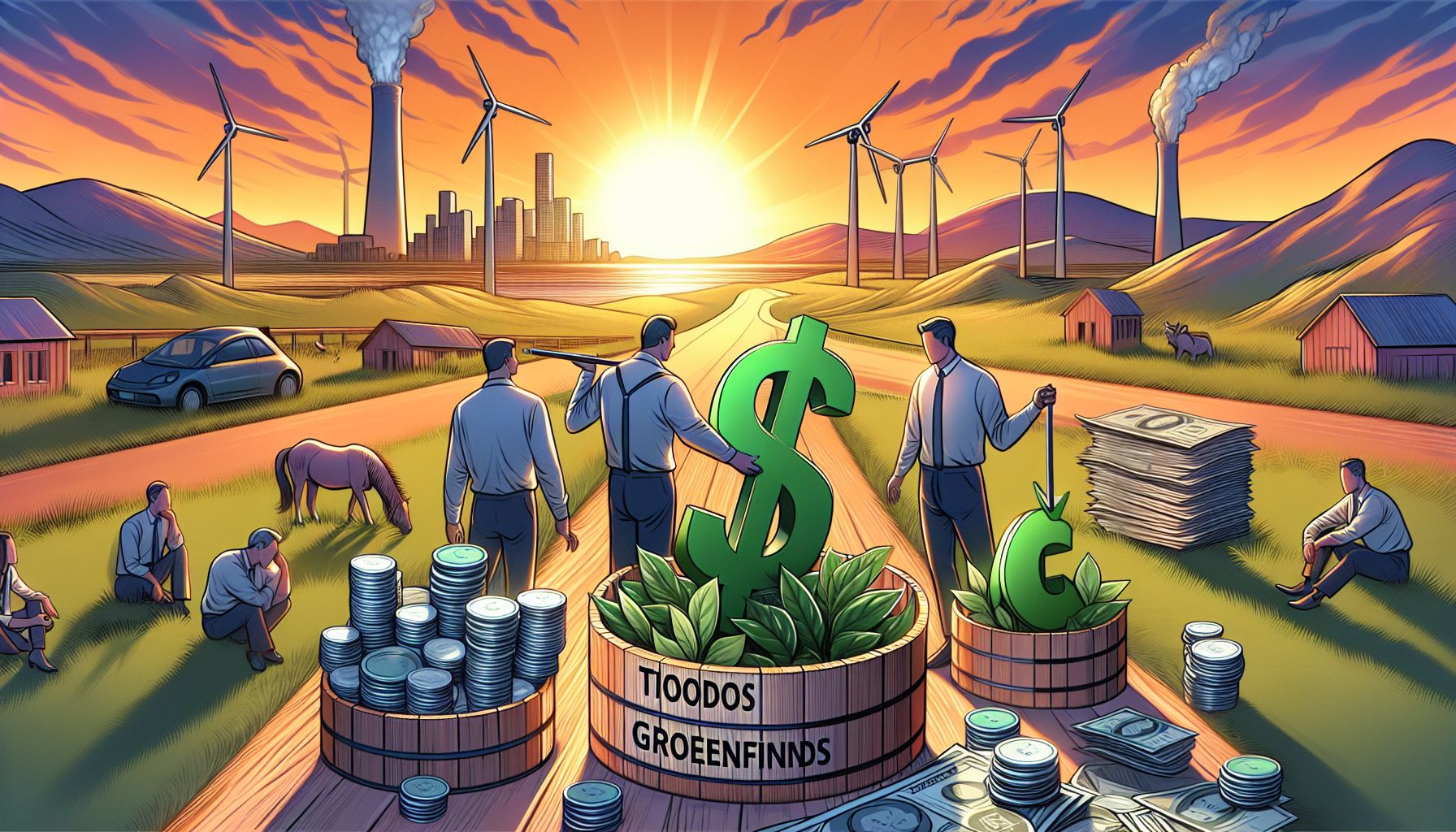Green Investing Faces Crossroads as Tax Benefits Dwindle

Amsterdam, Monday, 16 September 2024.
The financial appeal of green investments is under scrutiny as fiscal incentives decrease. With Triodos Groenfonds already showing negative three-year returns, investors question the future viability of eco-friendly portfolios in a changing economic landscape.
Changing Fiscal Landscape
The reduction in fiscal benefits for green investments has raised significant concerns among investors. These incentives, which once provided a substantial cushion against market volatility, are set to become less generous starting next year. The Triodos Groenfonds, a pioneer in sustainable investing long before ESG became a buzzword, has already experienced a negative three-year return. This development has fueled debates on whether green investing can still deliver financial benefits in addition to its environmental and social impact.
Triodos Groenfonds: A Case Study
Founded with a mission to drive positive environmental and social change, Triodos Groenfonds has been a cornerstone of green investing. However, its recent performance has been less than stellar. The fund’s three-year return has been negative, reflecting broader market challenges and diminishing fiscal incentives. Investors who once flocked to the fund for its promise of both financial and environmental returns are now reconsidering their positions[1].
Broader Market Trends
While Triodos Groenfonds struggles, other segments of the green investment market show more promise. For instance, the Sustainable Funds Monitor reports that top-performing funds like the ETFB Green SRI REITs ETF and iShares Environmentally Aware Real Estate ETF have seen significant gains. These funds reported 12-month returns of 14.75% and 17.2%, respectively. The overall average performance across top sustainable funds was 19.5% over the past year, indicating that targeted green investments can still yield substantial returns[2].
Innovative Companies Leading the Way
Amidst these challenges, some companies continue to innovate in the green investment space. Impax Asset Management, based in London, has been at the forefront of investing in the transition to a more sustainable economy since its founding in 1998. Their stewardship and advocacy efforts have been pivotal in pushing for renewable energy adoption and other sustainable practices. Such companies demonstrate that with the right strategy and focus, green investments can still be both financially viable and impactful[3].
Future Outlook
The future of green investing depends on various factors, including regulatory changes, market dynamics, and technological advancements. While the reduction in fiscal benefits poses a challenge, the overall push towards sustainability and the increasing importance of ESG factors in investment decisions could offset some of these setbacks. Investors may need to be more selective and strategic, focusing on funds and companies with strong sustainability credentials and robust financial performance. As the market evolves, the key will be to balance financial returns with environmental and social impact, ensuring that green investments remain a viable option for conscientious investors.

